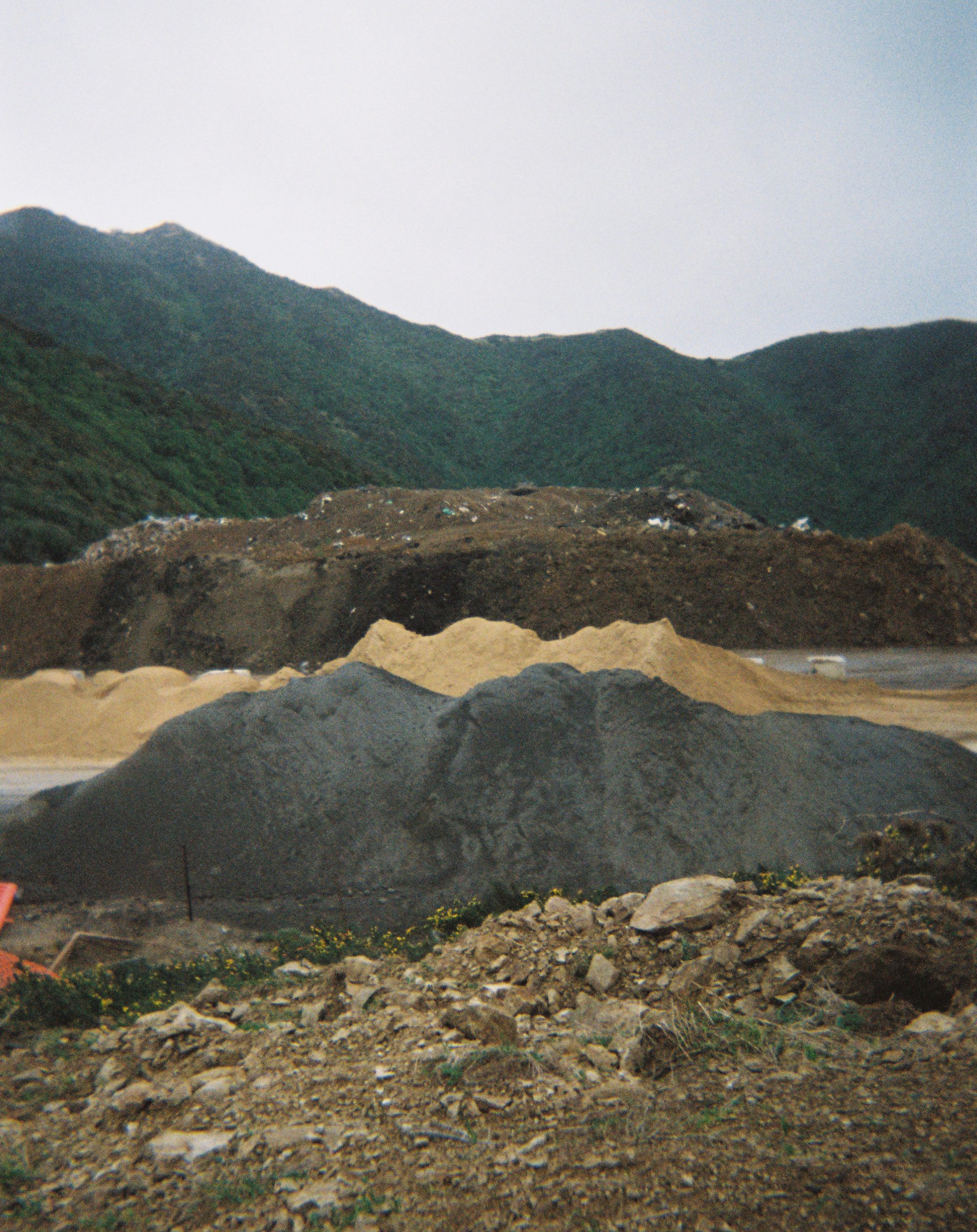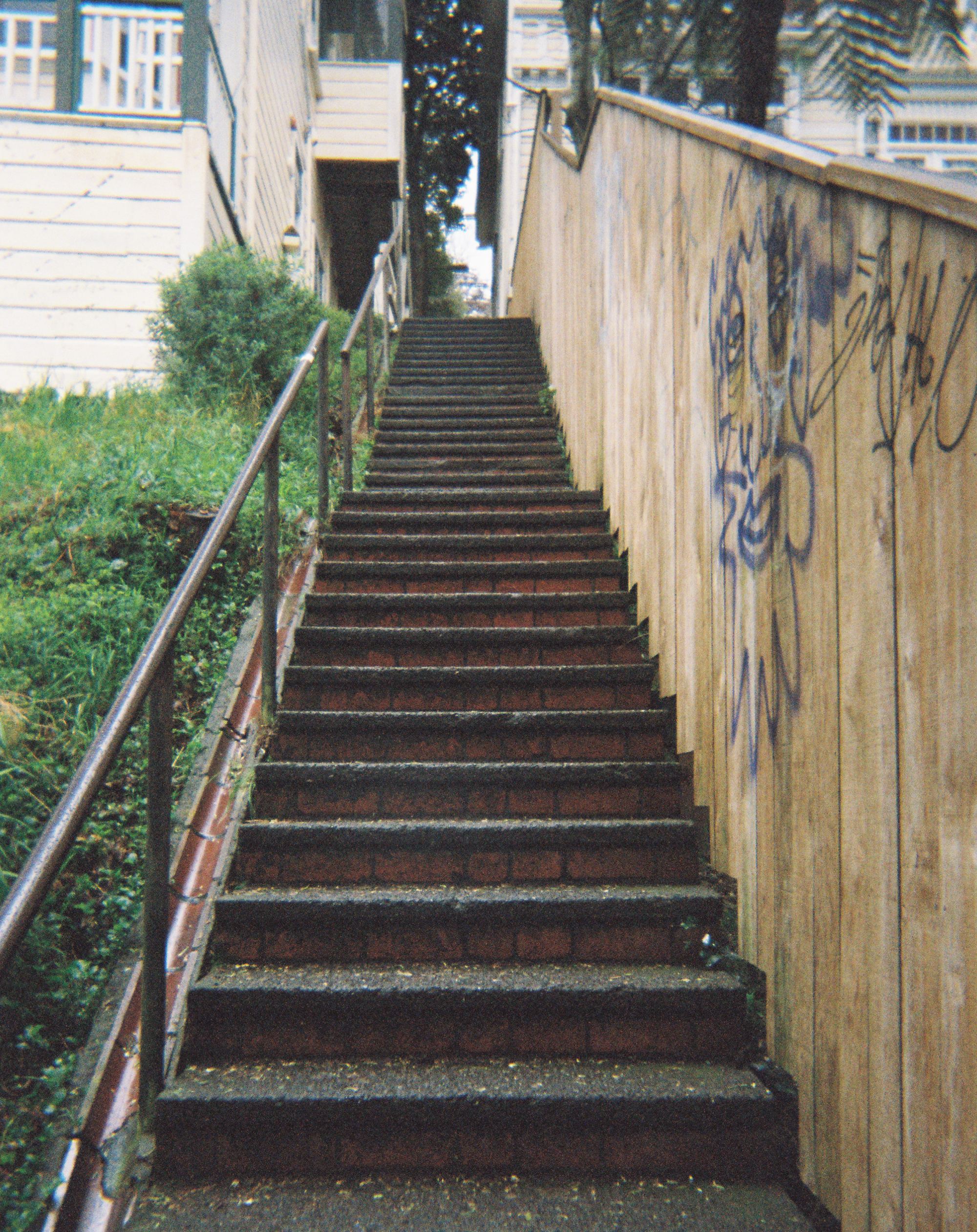The idea of climate research can bring to mind a scientist locked in a laboratory and disconnected from the world. The truth, of course, is that each of our talented students and staff carrying out climate research live in the same world they lecture about and in which they gather data. The release of the latest Intergovernmental Panel on Climate Change report is a timely reminder of the need for us all to take part in dialogue about sustainability and our community.
We gave cameras to four climate experts from Te Herenga Waka and asked them to document a day in their life and talk about those small moments that make for big change.

“Our lived experience and daily observations about our contentious relationship with ecology offer a level of understanding unobtainable by reading reports on climate science. I often trek up the Tip Track that skirts Wellington’s landfill. Every time I walk past this point, I am captivated by the incongruous juxtaposition of our waste sitting among Wellington’s green rolling hills. In my speculative imagination, I envisage this image on a tourist’s postcard with the caption: ‘Wellington … the most beautiful landfill in the world’.”
- Tonya Sweet, Senior Lecturer School of Design Innovation


“As an island nation, Aotearoa New Zealand is rich in marine resources and has the world’s ninth largest exclusive economic (maritime) zone, which covers more than 15 times its land area. But despite the critical role the ocean plays in regulating the climate, and the fact that it suffers greatly under the climate breakdown, climate law and the law of the sea are developed as two different, largely separate, legal regimes. This is just one of the shortcomings I try to address in my research.”
- Dr Bjørn-Oliver Magsig, Senior Lecturer Faculty of Law

“This is part of my walk to campus from the bus stop. The uphill slog can feel like a metaphor for the work ahead of us all in dealing with climate change; it’s not easy, but you know that it’s good for you. There’s a lot of emphasis placed on individual actions and choices for reducing emissions (like taking the bus), but the modest climate benefits from the COVID-19 lockdowns revealed that larger, nationwide actions and choices (like regulation) will be more important. That’s no reason to shirk individual responsibility, but a reminder that no single step will get us to our destination.”
- Hunter Douglas, PhD candidate in Geophysics School of Geography, Environment, and Earth Sciences
“A few times a year, we rearrange our busy academic lives and actively engage with secondary school students for them to develop a basic understanding of renewable energy technologies and realise the associated vast opportunities for future careers in a transitioning energy sector. This is so vital as technology in itself will not be sufficient to address our climate change challenges. It will be the capabilities and capacities of our youth to effectively use the technology that will direct and enable the pathways we choose to a more sustainable society.”
- Alan Brent, Professor of Sustainable Energy Systems, School of Engineering and Computer Science





